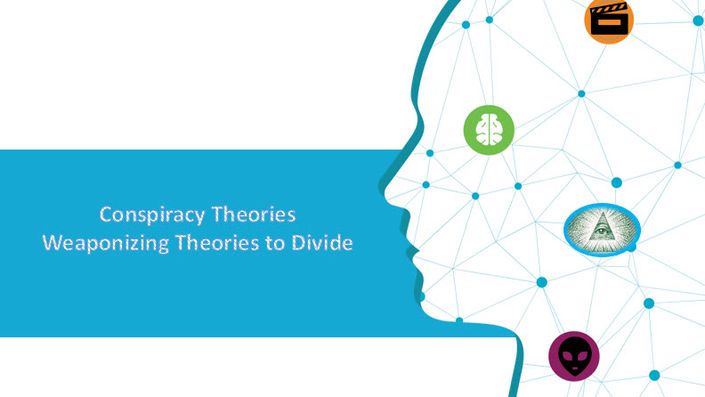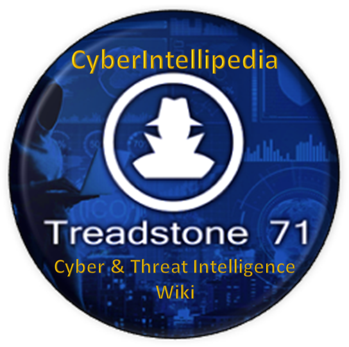
Conspiracy Theories
Weaponizing Theories to Divide
In a reversal of conventional scientific reasoning, the evidence against conspiracy theories is often construed as evidence for them, because the evidence is interpreted as arising from the conspiracy in question.
Conspiracy Theories are commonplace today. Or more importantly, they were always there but now they have become mainstream. People – including conspiracy theorists themselves – just write off these beliefs as “crazy.” However, they can potentially cause lasting damage. The psychology behind conspiracy theories and why people cling to them is so important but often overlooked. We should know how to tackle this, but we do not yet. Many argue that we were so complacent when it comes to conspiracy theories that it allowed Donald Trump to win support and end up becoming President. We underestimated the influence then, and probably still is now. Vulnerable people are more likely to believe these theories, so we must ensure we do not downplay influence and we highlight the risks associated with them. Although the internet has allowed for theories to spread more quickly and more widely, it also allows us to be more critical of what we read and believe. Conspiracy theories have been around for centuries. In the last few decades, their influence has remained much the same, despite them seeming more widespread. It seems in the past perhaps we have been too dismissive of conspiracy theories. However, now that there is so many surrounding Coronavirus, we seem to understand the potential risks they can pose. In the grand scheme of things, most people know how to spot (and therefore dismiss) conspiracy theories.
Part 1 of the course covers definitions, use of terms, and the intent of the terms used. We review a bit of critical thinking then relate terms to current events.
Your Instructor

Treadstone 71 is a woman and veteran-owned small business exclusively focused on cyber and threat intelligence consulting, services, and training. We are a pure-play intelligence shop.
Training dates and locations here
Since 2002, Treadstone 71 delivers intelligence training, strategic, operational, and tactical intelligence consulting, and research. We provide a seamless extension of your organization efficiently and effectively moving your organization to cyber intelligence program maturity. Our training, established in 2008, follows intelligence community standards as applied to the ever-changing threat environment delivering forecasts and estimates as intelligence intends. From baseline research to adversary targeted advisories and dossiers, Treadstone 71 products align with your intelligence requirements. We do not follow the create once and deliver many model. We contextually tie our products to your needs. Intelligence is our only business.
- We use intuition, structured techniques, and years of experience.
- We supply intelligence based on clearly defined requirements.
- We do not assign five people to do a job only one with experience.
- We do not bid base bones only to change order you to overspending.
We are known for our ability to:
- Anticipate key target or threat activities that are likely to prompt a leadership decision.
- Aid in coordinating, validating, and managing collection requirements, plans, and activities.
- Monitor and report changes in threat dispositions, activities, tactics, capabilities, objectives as related to designated cyber operations warning problem sets.
- Produce timely, fused, all-source cyber operations intelligence and indications and warnings intelligence products (e.g., threat assessments, briefings, intelligence studies, country studies).
- Provide intelligence analysis and support to designated exercises, planning activities, and time-sensitive operations.
- Develop or recommend analytic approaches or solutions to problems and situations for which information is incomplete or no precedent exists.
- Recognize and mitigate deception in reporting and analysis.
Assess intelligence, recommend targets to support operational objectives. - Assess target vulnerabilities and capabilities to determine a course of action.
- Assist in the development of priority information requirements.
- Enable synchronization of intelligence support plans across the supply chain.
- ...and Review and understand organizational leadership objectives and planning guidance non-inclusively.
